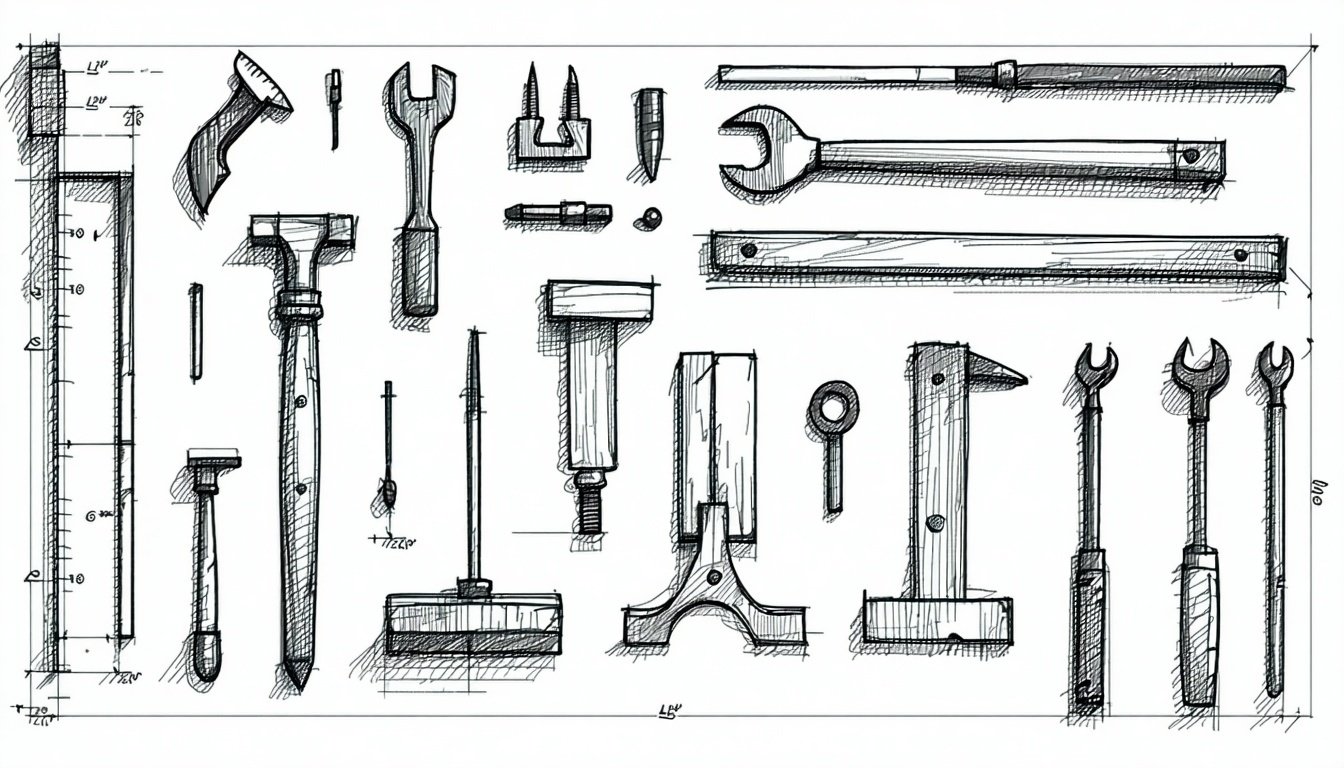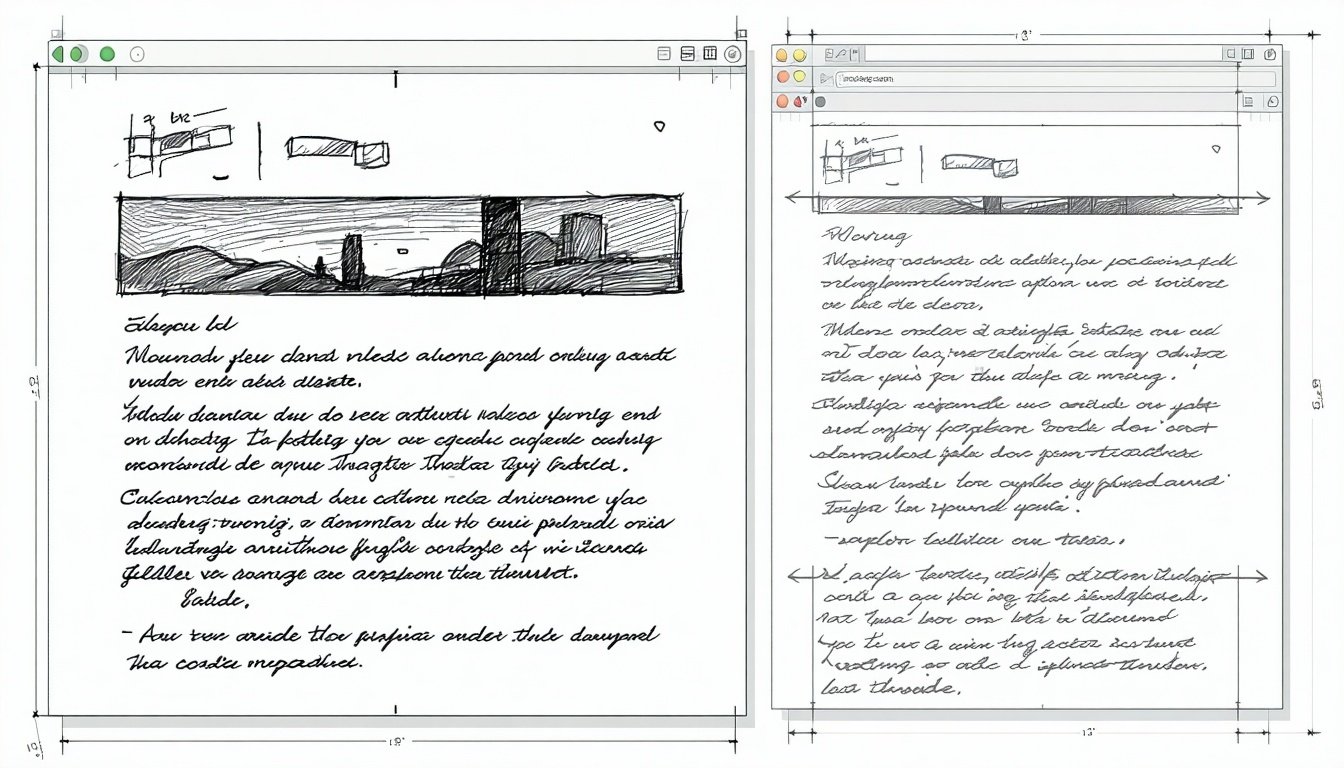

Table of Contents
When interviewing for a role leading a SaaS Academy/Customer Education program or working on the team, it's important to understand the current state of the program, and evaluate how the job responsibilities of the role, your current skill set, and your professional growth goals align.
Realistically you won’t be able to ask all the questions you would like during one interview. Most likely you’ll have to ask questions over multiple interviews & follow-up communications.
Learn to ask strategic questions to understand the holistic picture:
While the standard tactical question-asking approach of putting together a list of questions to ask and checking them off throughout the interview process is a great start, taking a more strategic question-asking approach will give you a more well-rounded and holistic perspective of the program and your potential to succeed in the role.
More often than not, when preparing questions for interviewers the focus is on asking questions which you already have an answer that you’d like to hear. For example, "Do you currently use an instructional design model for developing courses?" You're expecting ADDIE, SAM, AGILE, etc. but that does not really tell you much.
Going into a series of interviews with a checklist of questions to ask is good, but it’s like collecting random pieces to a puzzle. You uncover pieces of information, but you’ll have to use your imagination and assumptions to fill in the missing pieces. The result is a final image that does not reflect how the team actually operates.
Prevent being blindsided:
Not a month goes by that I don't hear from a fellow Academy/Customer Education practitioner who shares, "the role I accepted and the team I joined in reality was nothing like what I was told during the interview process."
Some responsibility lies with folks overselling a role, and it's appropriate to question the leadership of the team/company that oversold the role.
That being said, it's also on you as the individual interviewing, to develop the most comprehensive understanding of the company, role, and team prior to accepting the role.
Interviewing can be stressful, emotional, time demanding, and most of us find ourselves in the situation where "getting our next job" is priority number one.
With that in mind we have laid out an approach for question-asking to aid you in the development of a holistic view of an Academy/Customer education program that you can use.
Changing your mindset:
Taking a strategic discovery approach to questing asking.
Your mindset going into the interviews should be to complete a puzzle that gives you the full picture of the company, team, and role.
Taking a strategic approach to discovery allows you to weave questions throughout the interview process with an end goal of a holistic understanding of the program and how you’re interests, working style, current skill set, and the skills you’d like to develop align with the needs of the program.
You do this by weaving questions throughout the interview process by asking follow-ups to questions you are asked, or asking clarifying questions prior to answering a question you are asked.
Another way to think about it is that you are looking to understand more about the program, how it operates, and if the organization/program would benefit you and your career growth as much as it would benefit the organization. Of course a "dream job" is labeled such for a reason. Success with this approach is about starting a new role with accurate expectations, not interviewing forever to find your "dream job."
Strategic Discovery Framework
This framework should be used, in addition to a comprehensive interviewing strategy, that includes finding as many answers to the themes/questions below by researching the company prior to the beginning of the interviews:
- The industry (growth, competitors)
- The business (position in the industry, performance, funding (crunch base), culture (glass door/LinkedIn)
- The product (Vision, Roadmap, review sites like g2)
- The customers (review sites, social media, communities)
Using the same seven core functions used to build an academy/customer education operating system and applying them to a strategic discovery approach will give you a strong foundation.
One final thought before we jump in.
While there are some example questions below, we don't recommend copy > paste > ask. Ideally these questions come up naturally in conversation. In situations when you are asking a question outside of the natural conversation, using your own tone and voice is critical. Additionally, the questions you ask each interviewer should be specific to their role/responsibilities.
Program Leadership Questions & Themes:
To complete the program leadership portion of the puzzle you'll want to understand the teams values, beliefs, norms, career growth, the approach the leaders take, the current state of the program, and the role the program has within the organization as a whole.
More specifically the sections you’ll want to uncover areas around:
- The philosophical view the leader and team takes to educational content. Is it point an click product training, does it incorporate knowledge and skills learners need to be successful with the product?
- The mission for the program and how it aligns with the organization's mission
- What audiences do the customer education team service (industry professionals, customers, partners, employees)?
- The current state/maturity of the program (just starting, full library of content for each product)
- How do executives and department leaders view the role of education within the customer experience and customer lifecycle?
- Roadmap - what’s the plan for the next 6 months. What’s going to be created, updated, etc.
- The current strengths/weaknesses of the team from a skills analysis perspective
- What skills are most important for the person filling this role to have?
- Understand how projects are assigned to specific team members?
Program Management Questions & Themes:
The section of the puzzle you're completing here is focused on understanding how the organization and program leadership is put into practice on a day to day operational basis
- Org structure: How is the team and the roles and responsibilities currently structured?
- Team growth: How much has the team grown in the past 1-2 years
- Team growth: How much do you expect it to grow in the next 1-2 years
- Team growth: How does leadership budget headcount for teams?
- Metrics: What metrics are reported on monthly, quarterly and what level of the org reviews the metrics?
- Metrics: What data is passed between the LMS and CRM?
- Metrics: Is the LMS data integrated with product data?
- Metrics: Is the LMS data housed within a BI tool
- Metrics: What data sets from the customer education program as most influential in gaining buy-in and support
- Project management: How does the program/team manage projects?
- Project management: Is there a unified project management system & process for projects?
- Project management: How are project management responsibilities distributed across the team?
- Project management: What project management methodology does the team follow (waterfall, scrum, etc.)
- Meeting cadence: How often does the team meet
- Meeting cadence: What is the purpose of the meetings
- Communication: What are the primary ways team members communicate (slack, email, zoom, phone, etc.)
Organizational Alignment/Stakeholders Questions & Themes:
Success in this section is understanding how the rest of the organization views the program you’ll be leading/joining.
- Which departments are promoters vs. detractors, and the work that will need to be done to programmatically embed the program's educational content into team/department strategies?
- Buy-in by department (marketing, sales, success, product)
- Buy-in by product/team (specific teams such as onboarding, demand gen, product management, etc.)
- What teams currently rely on the content the team produces to achieve their department goals?
- The different ways educational content is being used programmatically by different departments (for example - customers must complete lesson prior to onboarding call, support refers customers struggling with a specific topic at the end of a support call).
- How many teams/departments are using content programmatically?
- What other teams/departments are currently creating educational content for the same audiences? What’s the balance between collaboration and competition
Content Questions & Themes:
The product, the educational content itself. This section is arguably the most important area to get a full picture of as it provides the most insight into what day to day operations of your role will look like and how well the content is set up to impact learner behavior and results.
- Content architecture (hierarchy of content, how it's repurposed, etc.)
- What’s the process from start to finish developing a course?
- How are new courses determined & prioritized?
- Are SMEs and industry experts included in the content?
- How often is existing content updated, what triggers the updates (product updates, changes in industry practices, learner data shows areas of improvement, etc.)
- What format is the educational content in?
- What’s the average length of a course? How long does it typically take to complete the development of an “average course”?
- How is feedback gathered to improve the educational content being delivered?
- What does a certification represent from the program? Knowledge gained, expertise confirmed, proficiency in a role/skill?
Tech Stack Questions and Themes:
The tech stack in use within an Academy/Customer Education program provides a lot of insight into the program, it's investment, and leaderships approach to scale.
- LMS (the scapegoat of the industry, rarely is the LMS the underlying reason for a programs success, but it's still good to know what you are working with.
- Content management (where are scripts, videos, etc. being stored)
- Content Library/Database (how does your team keep track of all educational assets)
- Authoring tools (google docs/presentations, articulate, etc.
- Video recording/editing tools (final cut, premier, iorad, etc.)
- Project management tools (Asana, monday, airtable, etc.)
- Graphic design tools (adobe, canva, etc.)
- Documentation/process tools (where do team processes live?)
- Growth/employee management tools (feedback tools, reviews, growth plans)
- CRM (what CRM is being used, is the learning data integrated, and if so how is it used within the org)?
- Reporting/BI/Analytics tools at the company level and how the edu program interacts with them
Content Discoverability Questions & Themes:
The amount of educational content developed for specific audiences (industry, customer, partner, employee) that goes undiscovered is disappointing but not surprising. Questions here will not only shed light on how educational content is discovered, but the priority the company places on audiences discovered the content.
- How are prospective learners finding your content (within product, website, blog)
- Do you have marketing/customer marketing support
- Customer success support
- How is sales using it in their sales process?
- What part of the org would be best into improve content discoverability with?
Support & Community Questions & Themes:
Questions here will give you insight into how the team and leader think about
- How are learner support questions answered?
- Are learners connected to others via a community?
- How do team members currently engage/interact with learners?
Made it this far?!
Our mission is to help grow the Academy/Customer Education industry. We hope you found this helpful and are always available to hop on a call and discuss your discovery strategy prior to your interviews.
Disclaimer, we don’t offer interview coaching, recruiting or job placement services. We created this doc in an effort to help fellow practitioners find roles which they can excel in, and yes hopefully some day join us in moving the Academy/Customer education industry forward.
Dig Deeper

Join the conversation with other SaaS education leaders. Share your insights or ask a question.

Explore the templates and frameworks we recommend to put these ideas into action.

Keep learning - dive into related topics and best practices from our latest posts.
.png?width=75&height=152&name=saas_academy_logo%20(2).png)
.png?width=104&height=152&name=saas_academy_logo%20(1).png)